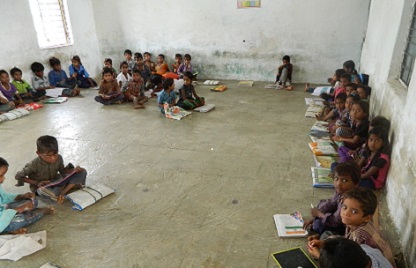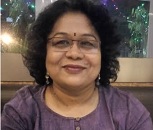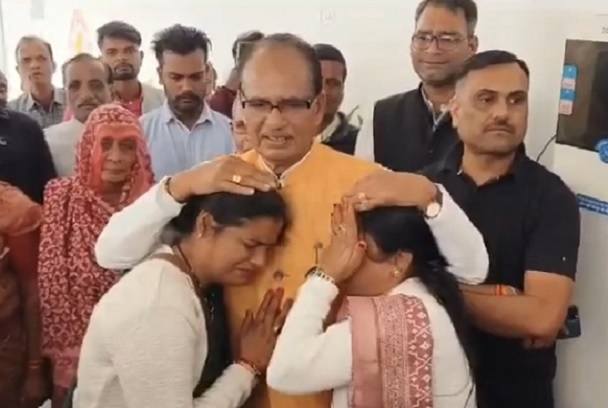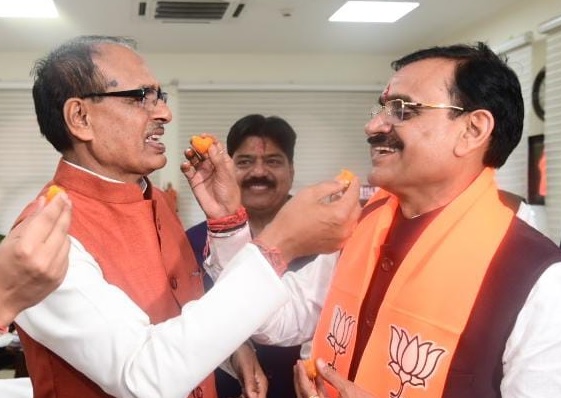‘Mother tongue as medium of instruction in primary schooling needed for better retention, quality education’

Special Correspondent
NewsBits.in
BHOPAL: Experts have once again pushed for the need of introducing mother tongues (native languages) as the medium of instruction at primary school level for better retention of students and improving quality of education.
The issue has come forth after the recent decision of the Madhya Pradesh government to include Gondi language in primary school curriculum in tribal-dominated districts of the state.
They have pointed out that despite provisions in the Constitution of India and the Right to Education Act, little has been done to pave way for native language as medium of instruction.
The Census of India 2011 had thrown up interesting figures on languages/dialects used in Madhya Pradesh. It showed that an overwhelming majority of people (6.43 crore out of 7.26 crore or 88.2%) spoke Hindi group of languages as their mother tongue.
Hindi group, according to the Census report, however included 47 sub-languages and dialects including Banjari, Garhwali, Kangri, Kulvi, Marwari, Bahgeli, Bundeli, Jaunpuri, Khari Boli, Malvi, Nimari and others. Yet about 4.93 crore categorically said during the census survey that they spoke Hindi as their mother tongue.
Census report also showed that about 248 languages and dialects are spoken in the state, which includes 104 core languages apart from dialects and sub-languages.
TRIBAL LANGUAGES STRUGGLE FOR SURVIVAL
However, the worrying aspect that the census figures show is that though 21% of the population in MP is tribal, only about 7.5-8% of population said that they spoke a tribal language/dialect as mother tongue.
This along with the fact that the literacy of tribal population is just 50.55% in the state compared to overall literacy rate of 70.6% is something that has the activists and experts worried.
They say that the statistics indicate two things – first that the native tribal languages are struggling for survival in a state with considerable tribal population and that tribal people who are still using their mother tongue are probably finding it tough to take up education in ‘alien’ languages.
In this context they have pushed for native language or mother tongue as the medium of instruction at primary level, at least in the areas of linguistic minorities.
“The fact that students are forced to study in language that has been not at all known to them for five or six years of initial life, makes it difficult for them to take any interest in studies.
This leads to high dropout rates and also poor learning. It is important that students are taught in mother tongue at the primary level and then allowed to continue in normal medium of instruction later so that they could compete with others,” Upasana Behar of MP Lok Sangharsh Saajha Manch says.
Rakesh Malviya of Vikas Samvad (the organization that analysed the Census figures on mother tongues) said that an RTI application put up by them showed that in MP nothing had been done to implement the provisions on mother tongue as medium of instruction.
“Despite clear provisions, it is unfortunate that students have been deprived of learning in their mother tongue at initial school level. This is clearly affecting their learning levels and retention levels,” Malviya says.
“Mother tongue based classroom interaction and learning material in early grades enables young learners to engage in teaching learning process with confidence and ease. Creating an enabling environment from state is critical along with teachers’ efforts to make mother tongue based instructions a reality,” Michael Juma, chief UNICEF, Madhya Pradesh said.











